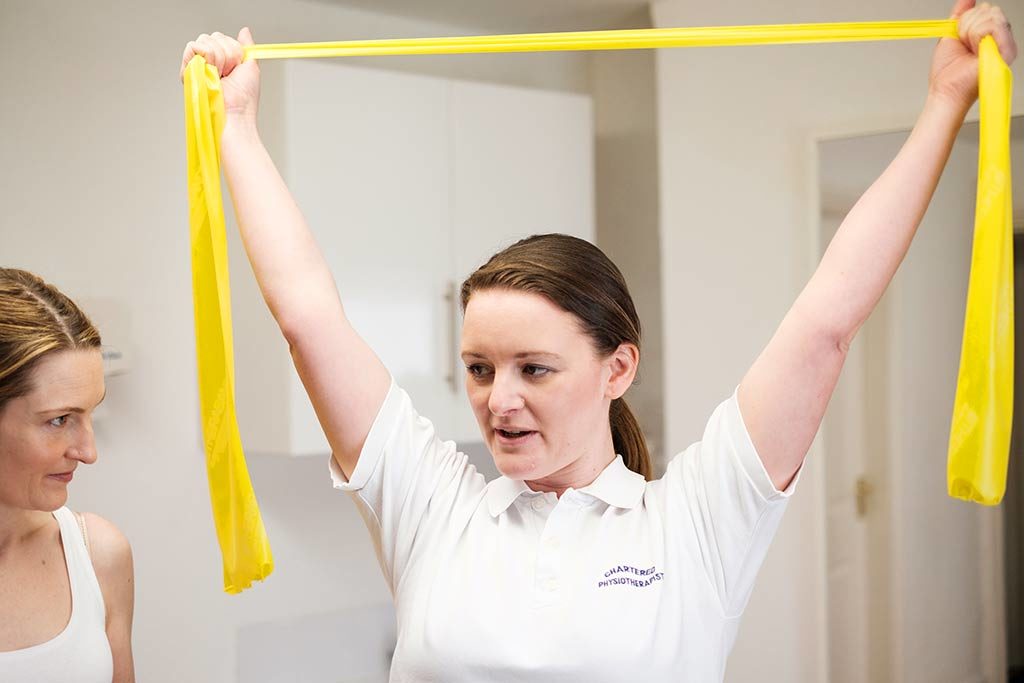Posture and preventing back pain with specialist physiotherapist led Pilates.
What is good posture and why is it so important?
Human beings are all unique, we come all different shapes and sizes and this includes our posture. From childhood most of us have been told to sit up straight and not to slouch at one time or another and some people may have been total that aches and pains that they have suffered were due to “poor posture”. So if humans are all different shapes and sizes and how do we know what good posture is?
Our spines have natural curves in them, an inwards curve in the neck (lordosis) and outwards curve in the middle of our backs (kyphosis) and another inwards curve in our lower back. There is an “Ideal” posture where these curve are balanced and our centre of gravity travels down through the spine. There are variations in posture which have been classified in to different groups:
- Kyphotic posture where the outwards curve in the middle part of the back is exaggerated.
- Lordotic posture where the inwards curve in the lower back is increased.
- Kypholordotic where both of these curve are increased.
- Sway back where the pelvis is pushed forwards
- Scolosis where the spine is curved sideways

These variations can be normal and not cause any problems, but in some cases they lead to pain and disability as more stresses and strains are placed at certain points on the spine and the muscles that attach to the spine and pelvis can change in length and affect how we move our limbs.
As qualified Chartered Physiotherapists we spend a lot of time assessing, treating the posture of people who are in pain or struggling with their mobility. We do not aim to achieve the ideal posture in all our clients, we look to achieve a balanced posture, with joints being comfortably held in a neutral (‘middle’ position) and muscles are able to work optimally.
Deviations from an individual’s neutral spine position can occur due to lifestyle: an occupation that involves sitting for prolonged periods may tighten hamstrings, which can tip our pelvis backwards, flattening the lower back curve. Or abdominal muscles may be weakened by weight gain or pregnancy and result in an overly exaggerated the curve in the lower back.
Our body has deep stabilising muscles around most of our joints. The core muscles that stabilise our lower back consist of four sets of muscles – transverse abdominis at the front, multifidus in the back, the pelvic floor on the bottom and our breathing muscle, the diaphragm on the top. When these muscles work in unison they gently squeeze around our spine, holding it in place with our pelvis allowing safe and controlled movement in all directions. Everybody has a functioning core or they would not be able to stand or sit upright, however the way these muscle work together can become dysfunction and lead to back problems.
Keeping these muscles strong is a key part of maintaining a good posture and reducing the risk of injuries to the spine and can also improve sporting performance.
How do you find out if you have good posture?
If you are currently experiencing pain in any of your joints, lower back or neck pain then it is important to have an assessment with an experienced chartered Physiotherapist. At Marple Physio, we will perform a thorough assessment of your problem, looking at both your posture and core muscle strength. Any imbalances in the functioning of or weakness of muscle groups will be identified. You will be given a bespoke set of exercises as well as any hands on treatment you need.
If you are not in any pain but want to improve your posture, prevent future problems or improve your sporting performance then Pilates is an excellent way to achieve this.
Our physiotherapist Pilates instructors gained their qualifications at the Australian Physiotherapist and Pilates Institute and teach “modified” Pilates. Traditional Pilates was designed for very physically fit dancers, modified Pilates has been broken down in to different level so is suitable for all fitness levels.
During Modified Pilates classes and private one-to-one sessions in the clinic you are taught a progression of exercises working top to toe, maintaining a neutral spine and recruiting your core muscles. Exercising in this way will make you gradually fitter and stronger and can make walking, running and all other movements easier, more powerful and efficient.
Pilates is also an excellent way to manage chronic back and neck pain and other other conditions such as hypermobility, arthritis and fibromyalgia.
If you would like to know if Pilates is suitable for you, or you would like to book an assessment with one of our highly qualified team of Physiotherapists please contact us at the clinic.
To book your consultation please complete our online booking form*.
If you would like to know more about how we can help you, please contact us and one of our friendly team will be happy to discuss your needs, without obligation.
* Please note: If your treatment costs are to be paid directly by your health insurance company, we kindly ask that you contact us by phone or email to arrange your appointment.
Please read our cancellation policy.
Here's what our clients say.
At Marple Physiotherapy we pride ourselves on our excellent reputation. We therefore highly value the patient feedback we receive as we continually strive to improve our services.
© 2025 Marple Physio. All rights reserved.